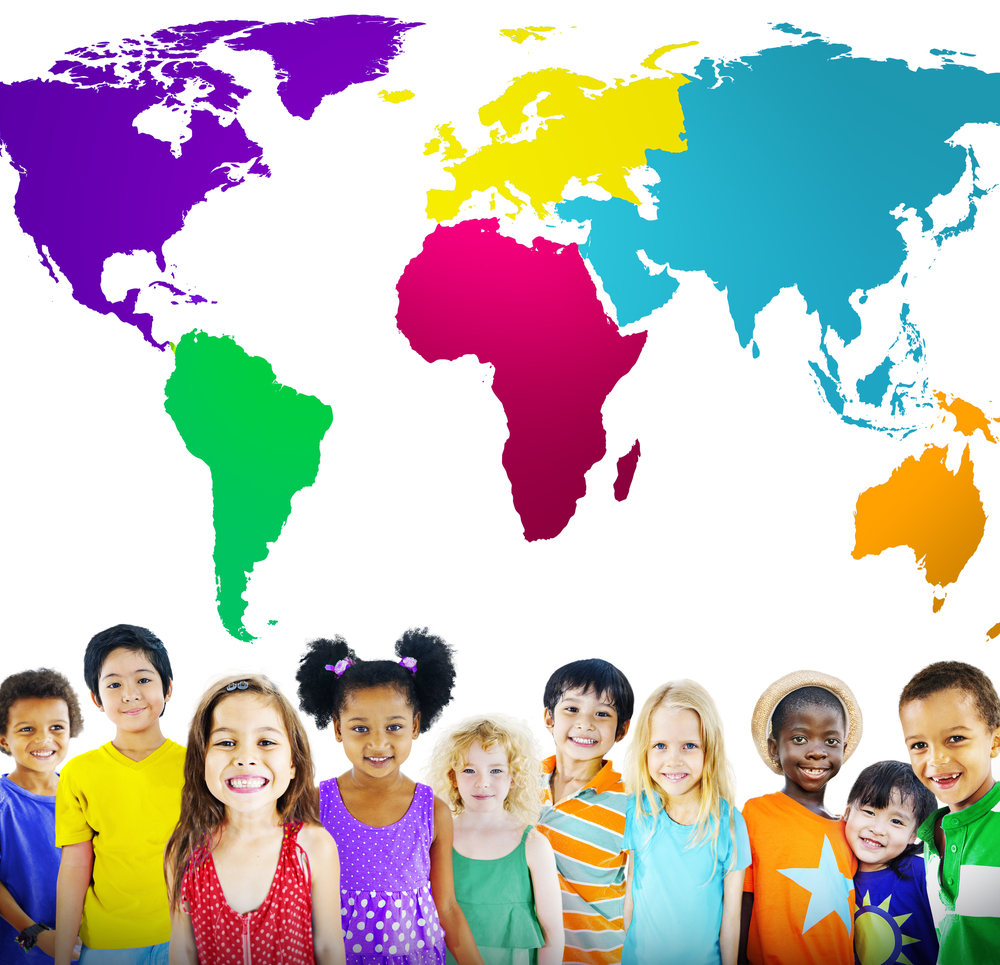
As the African proverb goes, “It takes a village to raise a child”. Without a single doubt, raising a child is a herculean task that requires plenty of time, love and energy. It involves absolute both emotional and financial commitment and as a result, it is common for parents to adjust their priorities and expectations to prepare for the biggest roller coaster ride.
Since there is no one-size-fits-all approach in parenting, it is worth exploring parenting practices from around the world. Let us take a look at the interesting parenting styles from some of the countries below that may make your eyes open wide like saucers.
Japan
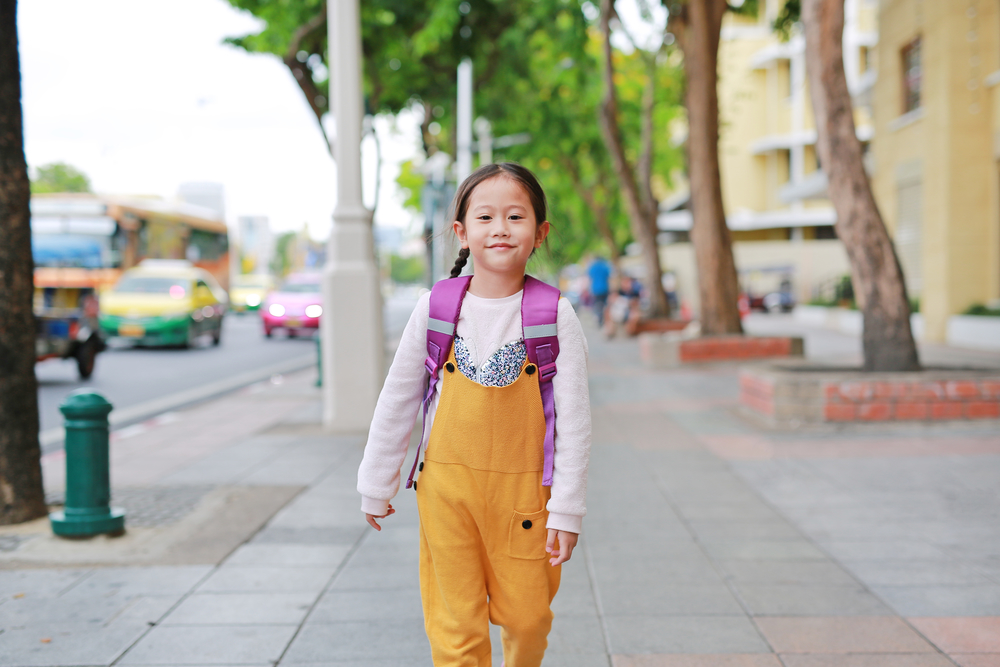
In Japan, children are taught by their parents on the importance of independence at a very young age. It is common to see kids as young as 5 years old taking public transport on their own or running simple errands alone, Since the crime rate in Japan is relatively very low, it is their culture that the public will look after the children in the streets.
An important aspect Japanese parents teach their children is to respect everyone including elderly regardless of their social status. It is common to see children greet their teachers or even strangers in the form of bowing to show respect and gratitude.
It is also well-known Japanese children are well behaved and rarely throw tantrums. Credits go to their parents, being their children’s key role model, always demonstrate calmness in handling matter and restrain outer display of emotions, especially anger.
The last key takeaway is children in Japan are also very disciplined in the way they are trained to follow a strict schedule to complete tasks like homework and household chores. As a result, every child develops a high sense of responsibility from young.
South Korea
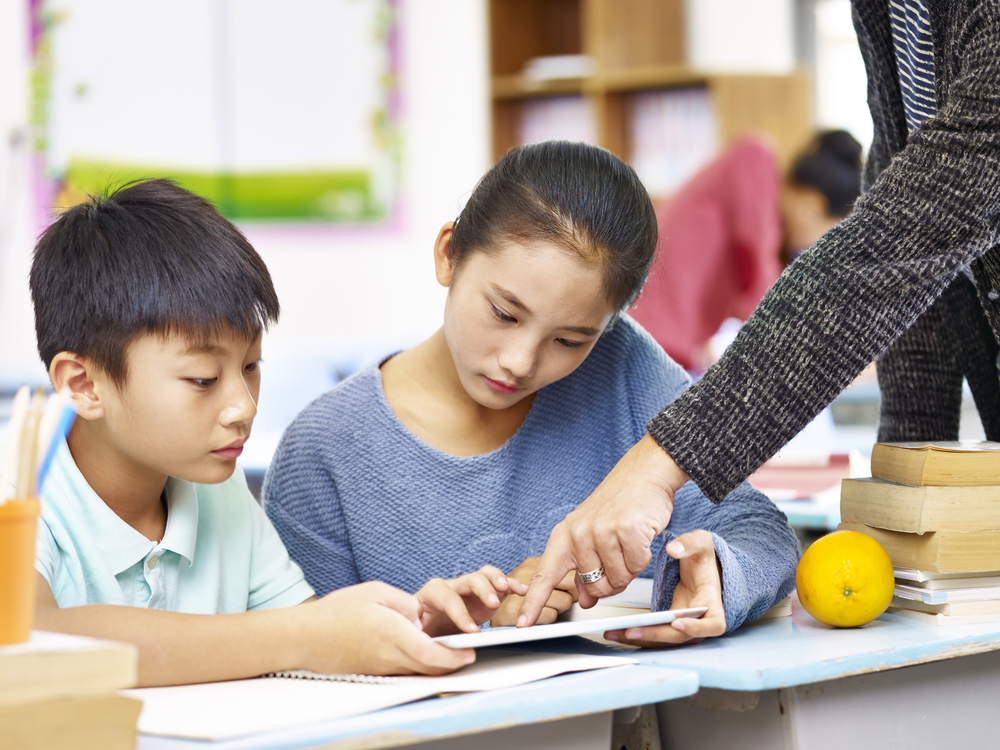
South Korea has an education-obsessed culture where parents set high academic expectations for their children from young. Korean parents put high emphasis in their children’s education and usually spend tons of money in tuition. My former Korean colleague once told me that there is only a single goal on Korean parents’ mind – to get their children into the best universities in order to find a good job. Therefore, it is well known that the workload and stress level for Korean children are tremendously high and it is common to see parents visit temples to pray for their children to achieve good results.
China
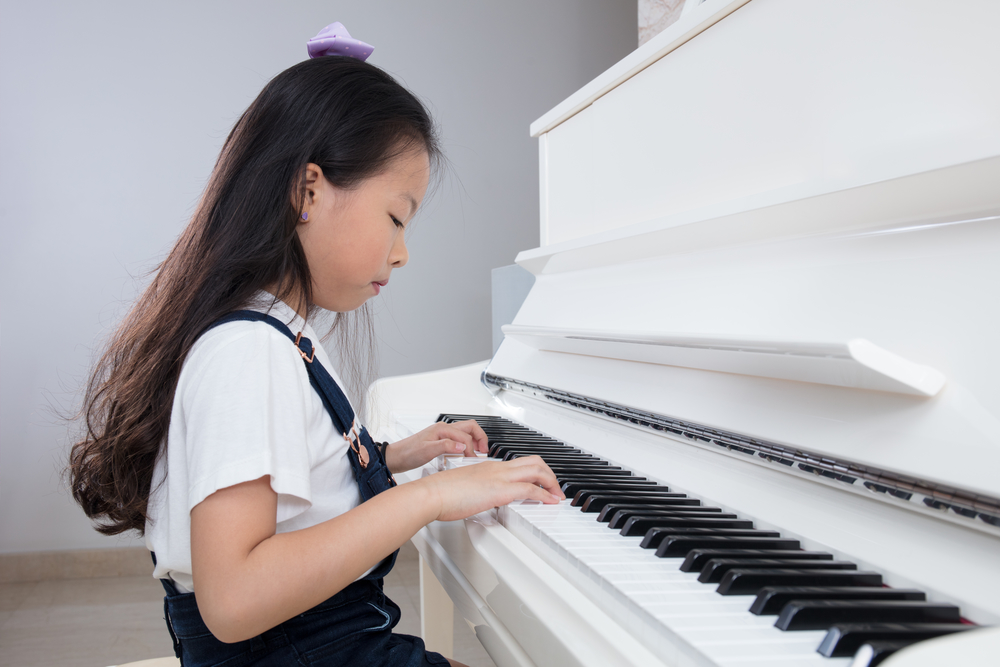
In China, parents devote their time to their children’s education as they view their future prospects as one of their priorities. However, modern parents encourage their children to expose to a variety of activities in order cultivate diverse interests other than academics excellence. These non-academic activities or interests may range from robotics, arts and crafts, sports like golf and tennis to learning playing several musical instruments. In another words, Chinese parents prefer to occupy their children with an array of activities for healthier growth and ultimately become more well-rounded individuals.
Another interesting thing to highlight about parenting in china is that they have a diaper-free culture where babies wear split pants to pee and poo conveniently anywhere. The result is it helps the infants to be potty trained at a very young age, not mentioning the substantial financial savings. However, diapers have been used more widely in China in recent years
USA
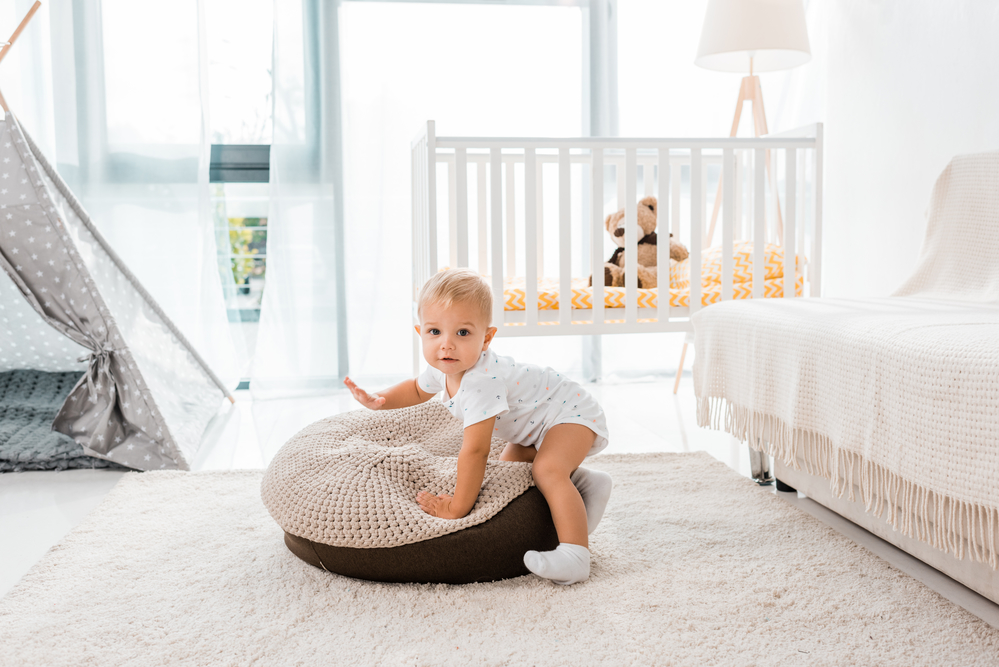
In America, parents openly show love and affection to their children. They emphasize more on respect and believe that children need their own time and space. They believe in letting their children to be vocal, prefer them to talk about their talents and discoveries and have no qualms about praising them openly in public.
Unlike other countries, American parents do not advocate co-sleeping with their babies to cultivate their independence from young. They also tend to let their children go to bed early so that daddy and mummy can have some private time on their own.
On the academic aspect, American school children still stand the middle pack on international measures of achievement, especially in science and mathematics. In general, American parents believe in the proverb “All work and no play makes Jack a dull boy”.
United Kingdom
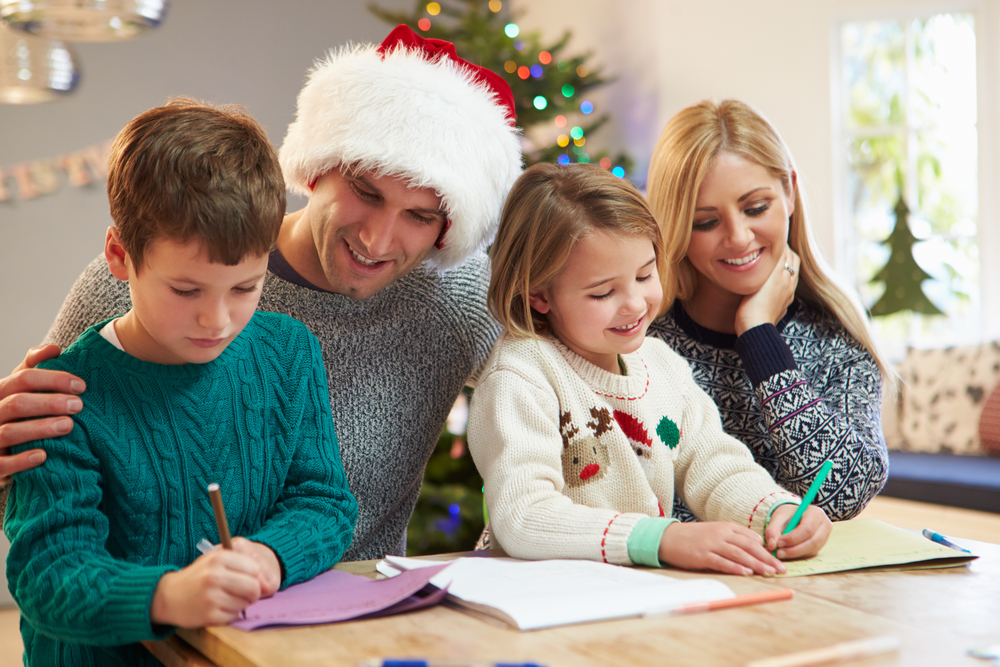
Unlike Americans and most Asians, the British parents do not organise baby showers as it is not part of their cultures and they believe it is rude and inappropriate to receive gifts from friends or colleagues in this way. In UK, teaching manners to their children is deemed as very important for parents. Kids are taught from young to learn and follow a certain set of rules both in both private and public. For example, opening presents in front of guests is considered rude. Also, parents want their kids to have humility and show respect to others, never show off their talents and achievements in front of their peers. Arrogance is not tolerable while hard work and the ability to find solutions to every problem are desired and valued. The UK parents firmly believe these good values will prepare them better for the real world.
Denmark
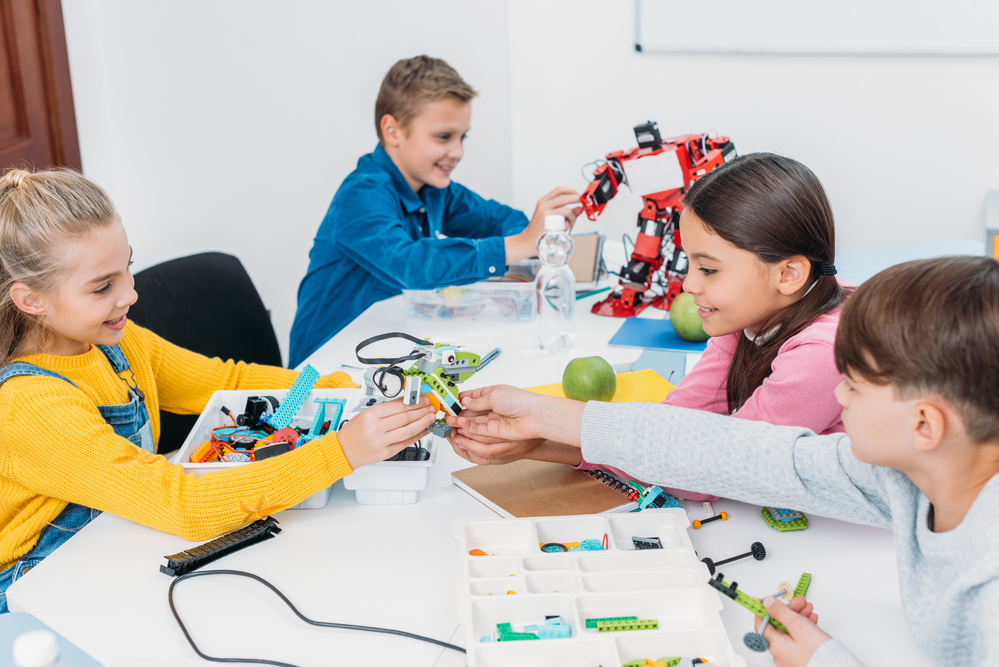
Denmark is the best country to raise a child according to the U.S News and World Report’s annual “Best Countries” rankings in year 2018. Being one of the happiest countries in the world, every other parent is burnt with curiosity about the Danish way of parenting.
Danish parents give their children ample space and time to learn and grow and only offer help when necessary. They are encouraged to try new things and find their own interests, which means they are in control of their own discoveries and findings. A good example is the invention of LEGOs by the Danes., which promotes free play and creativity. More importantly, Danish parents will only praise their kids for their efforts and hard work to tackle a task, rather than their innate intelligence.
Another strength the Danish parents have is a positive outlook of life. They turn unpleasant situations into positive ones when educating their children. For instance, if a child loses in a game, the parent will respond positively with a smile “Let practise harder and do better next time”. What the parents want to instill in their kids is to look at the bright side of life rather dwelling on the negative part.
Last but not least, Danish families put high emphasis in doing everything together like having a meal together, enjoying a movie together, playing a game together and basically learning the company of one another. This in turn promotes family togetherness and strengthen family bonding.
All the above fabulous parenting ideas have indeed helped to raise the happiest and most well-balanced kids in the world.
India
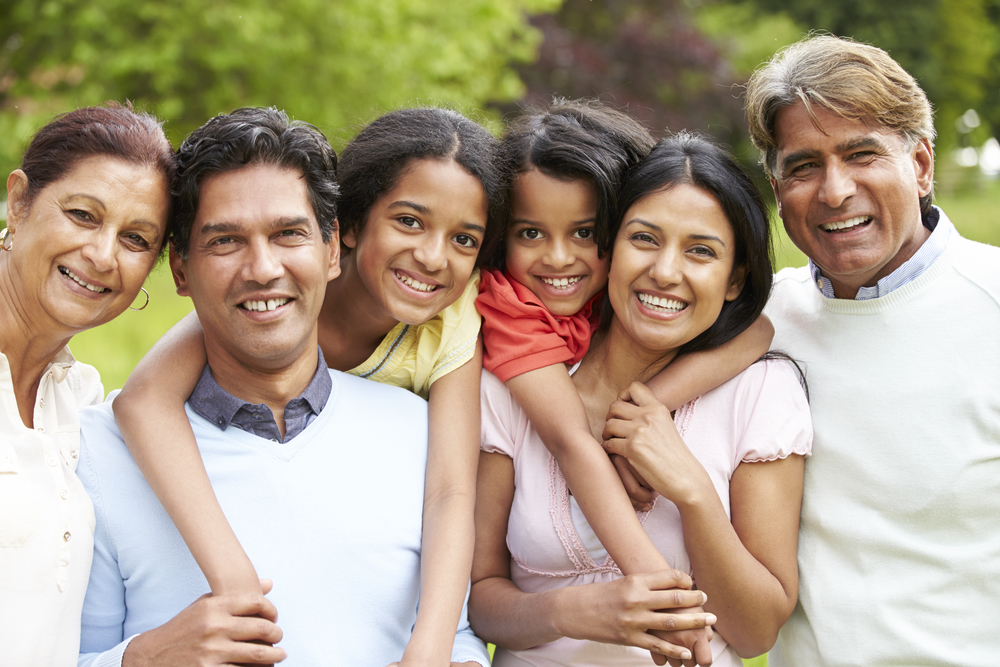
Indian family is very close-knit and the traditional and perfect family is called the joint family that consists of 3 to 4 generations. Children are brought up with the help of all the family members including aunts, uncles, nieces, nephews and grandparents where he or she will learn to value people and relations. Grandparents are always portrayed as respectable figures and they play an important role in instilling moral values in their grandchildren. Showing respect to all elders is ingrained in them since young and Indian parents believe strongly that their children do not belong only to part of a family but also to the community as a whole. As such, the children are aware that their actions and decisions will impact the entire family and community and thus instill in them a great sense of responsibility.
On academic area, Indian parents put important focus in their children’s performance in school. Their goal is to help their children to reach maximum potential in order to achieve academic excellence so that they can have a better life in future. However, their parental love and affection to their kids are not compromised
Finland

Finland is voted the happiest country in the world for two consecutive years (2018 & 2019) according to the results of the World Happiness Report. The secret to Finland’s happiness is summed up in three things: free education, generous parental leave and a healthy work-life balance. Obviously, the children in Finland are happily raised too.
Parents in Finland focus more in a child’s happiness and health rather than academics achievement. Every family adopts a co-parenting model where both parents are equally involved in taking care of their baby from birth. Both daddy and mummy share the duties of cleaning, feeding and engaging their baby and this forms an integral part of growing up with their baby.
Finnish children start school only at the age of seven and both the teachers and parents have the common understanding that children should be given a lot of time to play, enjoy arts and music and build their character. They are taught and encouraged to be independent since young and one can see young kids walking home alone after school before their parents return home. In addition, Finnish parents like to take their children outdoor to embrace nature as they believe children who do outdoor activities turn out to be in better physical shape and thus improve their overall well-being.
In summary, the Finnish way of bringing up happy kids is that play is an important part of growing up and exploration. This is rubber-stamped by the late Albert Einstein who said, “Play is the highest form of research”. No wonder Finland is home to some of the smartest kids in the world.























